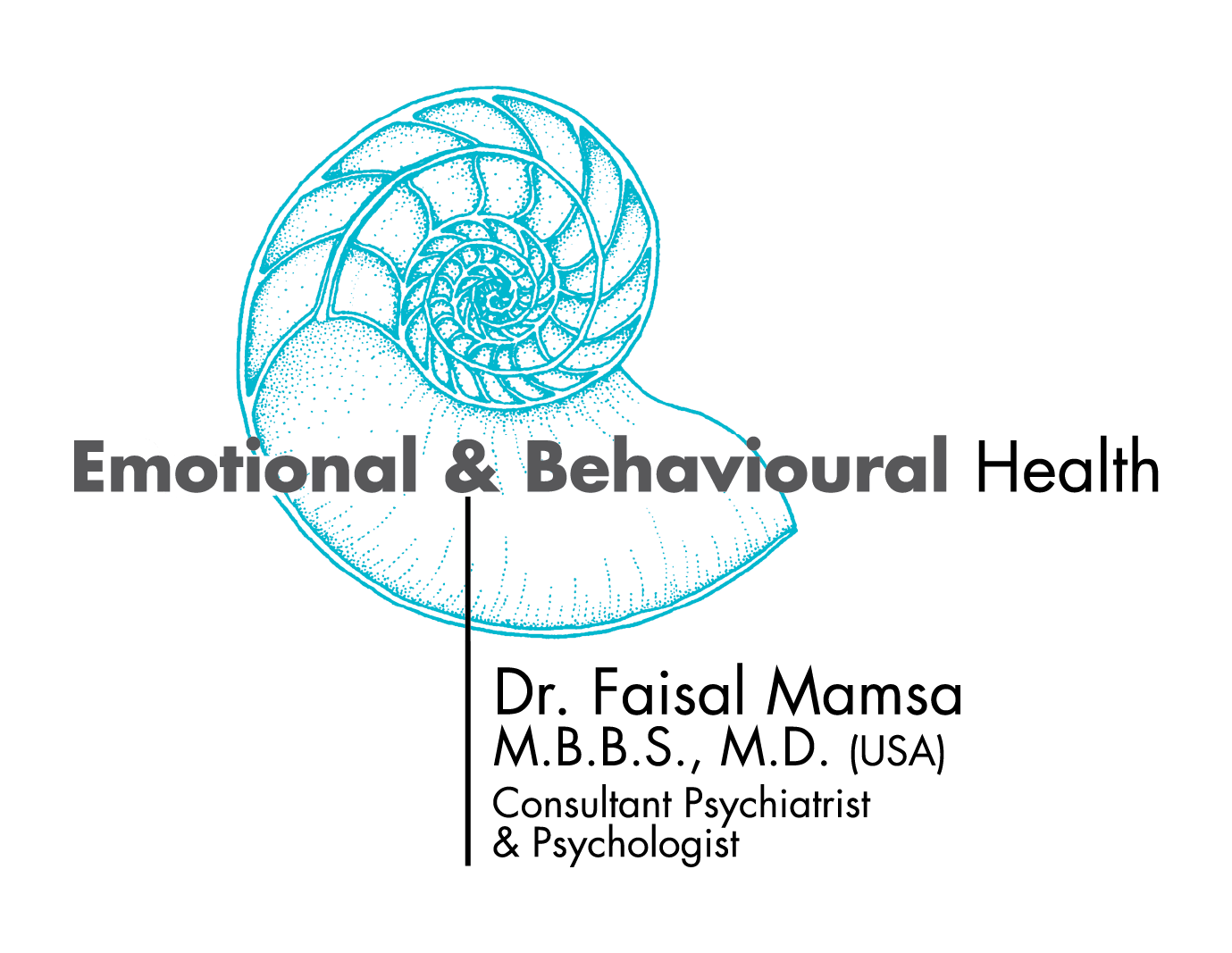Anger Issues Definition

Anger issues is a natural, instinctive response to threats. Some anger is necessary for our survival.
Anger becomes a problem when you have trouble controlling it, causing you to say or do things you regret. Uncontrolled anger is bad for your physical and mental health. It can also quickly escalate to verbal or physical violence, harming you and those around you.
Trusted can also quickly escalate to verbal or physical violence, harming you and those around you.
What causes anger issues?
Many things can trigger anger, including stress, mental illnesses, alcohol and substance abuse, certain personality disorders, family problems, financial issues and in some cultures displaying anger is part of life and the reason is to control others.

The following are some of the possible causes of anger issues.
Depression
Anger can be a symptom of depression and has been seen quite commonly in men
Anger can be suppressed or overtly expressed. The intensity of the anger and how it’s expressed varies from person to person.
Obsessive compulsive disorder
Obsessive compulsive disorder (OCD) is an anxiety disorder that’s characterized by obsessive thoughts and compulsive behavior. A person with OCD has unwanted, disturbing thoughts, urges, or images that drive them to do something repetitively.
Trusted Source it has been found that anger is a common in people who have OCD. OCD is an extreme form of anxiety and uncontrolled anxiety can cause severe frustration and anger. Anger may also result from inability to prevent obsessive thoughts and compulsive behaviors, or from having someone or something interfere with your ability to carry out a ritual.
Alcohol abuse or Substance abuse
Research shows that drinking substance abuse like cocaine, meth, opium etc. increases aggression and also cause aggression Alcohol is a contributing factor in approximately half of all violent crimes committed in the United States.
Alcohol and drugs impairs your ability to think clearly and make rational decisions. It affects your impulse control and can make it harder for you to control your emotions.
Attention deficit hyperactivity disorder
Attention deficit hyperactivity disorder (ADHD) is a neurodevelopmental disorder marked by symptoms such as inattention, hyperactivity, and or both

Anger and short temper can also occur in people of all ages with ADHD.
Oppositional defiant disorder
Oppositional defiant disorder (ODD) is a behavioral disorder that affects 1 to 16 percent of school-age children. Common symptoms of ODD include:
- Anger
- Hot temper
- Irritability
Being defiant
Children with ODD are often easily annoyed by others. They may be defiant and argumentative and cross the boundary to become severely aggressive
Bipolar disorder
Bipolar disorder is a brain disorder that causes dramatic shifts in your mood.
These intense mood shifts can range from mania to depression, although not everyone with bipolar disorder will experience depression. Many people with bipolar disorder may experience periods of anger, irritability, and rage.
During a manic or hypo manic episode, apart from many other symptoms one may:
- Be easily irritable or agitated
- Engage in impulsive or reckless behavior
Impulse control disorder – Intermittent explosive disorder
There is a psychiatric condition known as “impulse control disorder” which includes many illnesses out of which intermittent explosive disorder. A person with intermittent explosive disorder (IED) has repeated episodes of aggressive, impulsive, or violent behavior. They may overreact to situations with angry outbursts that are out of proportion to the situation.
Episodes come on without warning. People with the disorder may feel irritable and angry most of the time.
Some common behaviors include:
- Temper tantrums
- Arguments
- Fighting
- Physical violence
- Throwing things
- IED is a true anger management illness
Personality Disorders
Certain personality disorders can have anger and aggression as part of them. Personality disorders like Antisocial Personality Disorders (sociopaths and psychopaths), Narcissistic Personality disorders and Borderline personality disorders have anger and aggression. As a part of their personality.

Anger issues management
If you believe your anger or your near and dear one’s anger is out of control or if it’s affecting your life or relationships, consider seeking help from a mental health professional (a psychiatrist or a qualified psychologist)
A mental health professional can help determine if you have an underlying mental health condition that’s causing your anger issues and requires treatment.
Anger management can also include one or more of the following:
- Accepting that one has anger problem
- Medications
- Treating the underlying cause, if any
- Psychotherapy
- Anger management classes, which can be taken in person, by phone, or online
- Anger management exercises at home
The good news is that if diagnosed timely, anger Issues are treatable, and can significantly improve your life quality. It is important to visit a psychiatrist who takes into account your cultural background in determining if your response to a stressor is in excess of what would be expected, and to make efforts to treat it accordingly. I use multi-modal treatment methodology which involves a combination of expertise in psychopharmacology (medical treatment – if needed) with psychotherapy. I emphasize a strong belief in the additive effect of various treatment modalities to work in conjunction rather than simply prescribing medication. For more information, feel free to contact us.
